Impact Investing: At a Tipping Point?
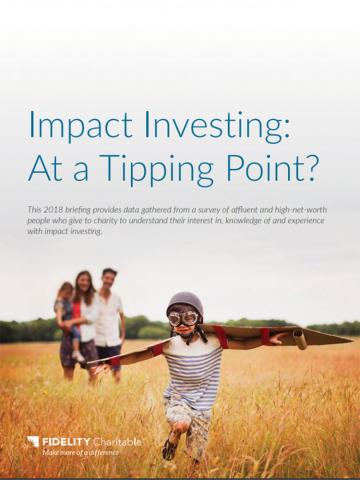
This 2018 briefing provides data gathered from a survey of affluent and high-net-worth people who give to charity to understand their interest in, knowledge of and experience with impact investing.

This 2018 briefing provides data gathered from a survey of affluent and high-net-worth people who give to charity to understand their interest in, knowledge of and experience with impact investing.

This report is a starter resource for this interested in exploring the possibilities of impact investing.

This report sets a high-level vision for the future of the field of impact investing. It articulates “a new endgame for the impact investing industry — to consider how we can have an impact on all investing and spur systemic change in the global financial markets.

In Do More than Grow: Realizing the Potential of Community Foundation Donor-Advised Funds, new data and analysis of donor behavior reveals the significant untapped strategic value in community foundation DAFs.
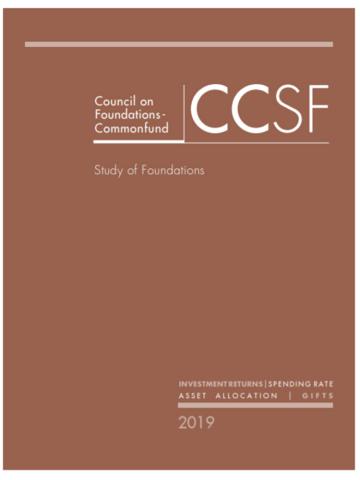
This report is a timely and reliable reference resource for those responsible for investment, financial, and governance decisions at private and community foundations throughout the country. It is the field’s most comprehensive and authoritative study on investment and governance policies and practices.
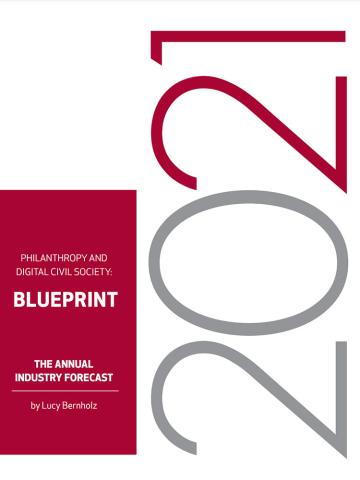
Philanthropy and Digital Civil Society: Blueprint is an annual industry forecast about the ways we use private resources for public benefit in the digital age. Each year, the Blueprint provides an overview of the current landscape, points to big ideas that matter, and directs your attention to horizons where you can expect some important breakthroughs in the coming year.
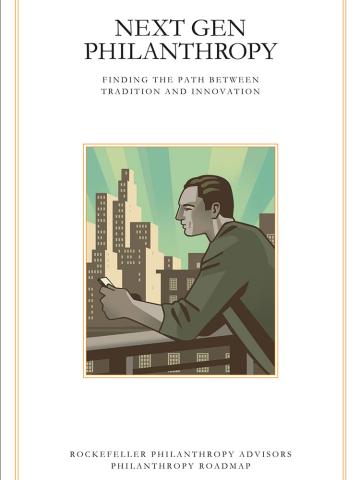
Next-Gen Philanthropy: Finding the Path Between Tradition and Innovation, consider a series of questions that every next-generation donor should carefully consider, as well as recommendations based on the past experiences of other next-generation donors.
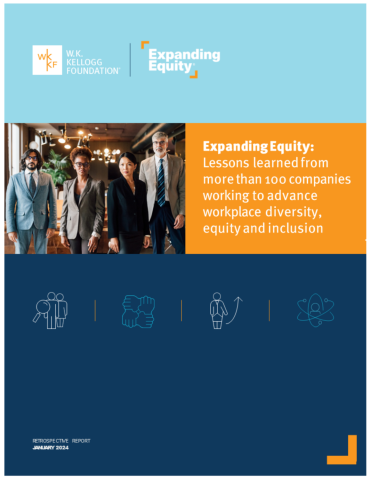
In 2019, the W.K. Kellogg Foundation launched Expanding Equity to help companies transform into more equitable places of opportunity. Since then, we have dedicated thousands of hours to working hand-in-hand with more than 100 companies to develop and implement diversity, equity and inclusion (DEI) strategies.
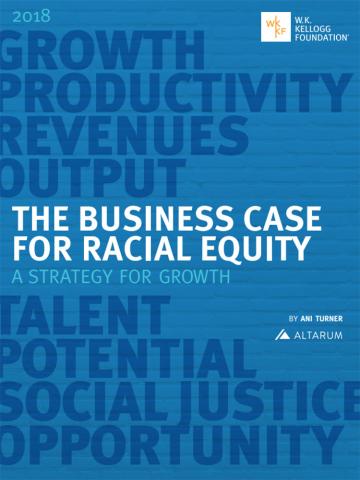
This report seeks to expand the narrative associated with racial equity by adding a compelling economic argument to the social justice goal. Beyond an increase in economic output, advancing racial equity can translate into meaningful increases in consumer spending, as well as federal and state/local tax revenues, and decreases in social services spending and health-related costs.

This resources overviews changes in arts and culture funding over the past several decades to both revisit learnings and insights from prior arts funding research and to highlight what more recent trends may suggest about priorities for the field going forward.